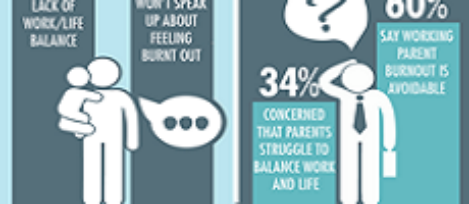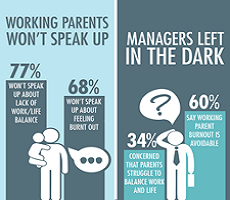March 9, 2016
The nine workplace trends every organisation must learn to address 0
 The latest company to set out its vision of workplace trends is food services provider Sodexo. The company’s 2016 Workplace Trends Report suggests there are nine key areas that managers should address, each linked by the common theme of striking the right balance between the organisation’s commercial objectives and the needs of its stakeholders. The report is a detailed meta-analysis based on primary research, client feedback and research from academics, trade associations and FM providers. The report covers the most talked about themes in workplace design and management including wellness, work-life balance, diversity, green building and workforce engagement. The authors acknowledge the challenge firms face in striking the balance between these complex and conflicting demands and call for an ‘holistic’ approach to resolve them (which may suggest they have as much of an idea about the right answers as anybody else).
The latest company to set out its vision of workplace trends is food services provider Sodexo. The company’s 2016 Workplace Trends Report suggests there are nine key areas that managers should address, each linked by the common theme of striking the right balance between the organisation’s commercial objectives and the needs of its stakeholders. The report is a detailed meta-analysis based on primary research, client feedback and research from academics, trade associations and FM providers. The report covers the most talked about themes in workplace design and management including wellness, work-life balance, diversity, green building and workforce engagement. The authors acknowledge the challenge firms face in striking the balance between these complex and conflicting demands and call for an ‘holistic’ approach to resolve them (which may suggest they have as much of an idea about the right answers as anybody else).

































March 21, 2016
Graduates value flexible work and innovative office spaces over pay 0
by Sara Bean • Comment, Flexible working, News, Workplace, Workplace design
More →